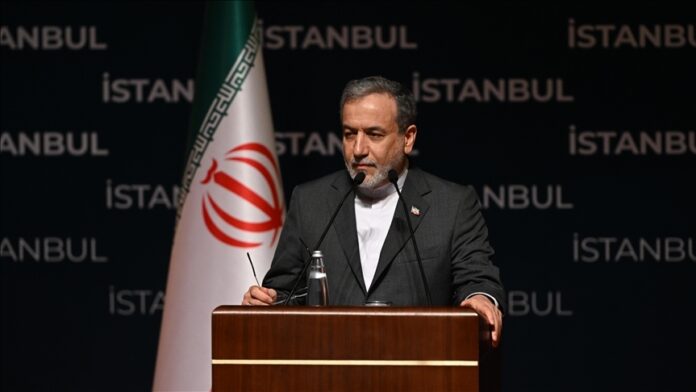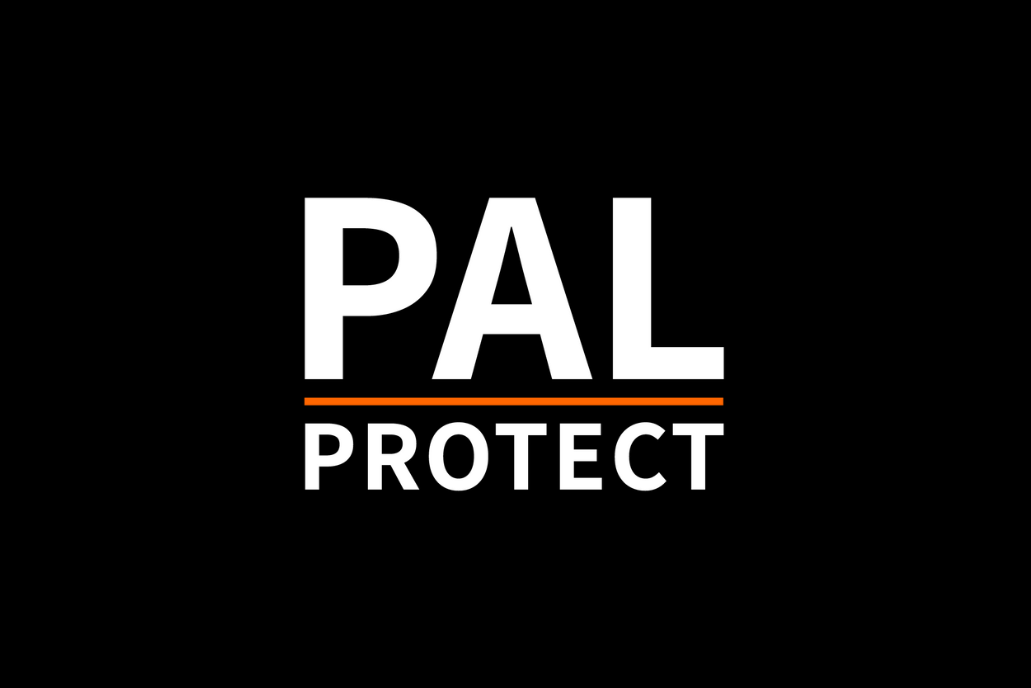Iran’s foreign minister has denied the existence of any ceasefire with Israel following June’s 12-day conflict, warning that hostilities could resume at any moment.
Speaking to the Iranian Student News Agency, Foreign Minister Abbas Araghchi stated that although fighting had ceased, there was no formal agreement in place between the two countries.
“The aggression has stopped, and in turn our right to defend has stopped,” Araghchi said. “There is no ceasefire agreement; there is nothing else. They stopped the aggression without any conditions, and we stopped the defence.”
His comments directly contradict claims by U.S. President Donald Trump, who on 24 June announced a ceasefire between the two regional enemies. Despite Trump’s declaration, Tehran continued launching missile attacks, resulting in the deaths of at least five Israeli civilians.
Araghchi warned that tensions remained high and could escalate again without warning.
“Everything can resume. They can resume, we can resume. There is no official ceasefire, and everything is possible,” he said.
Iran’s top military commander, Major General Amir Hatami, echoed this stance, declaring that Iran remains prepared for renewed conflict.
“A one percent threat must be perceived as a 100 percent threat,” he said via Iran’s state-run IRNA news agency. “We should not underestimate the enemy… Iran remains standing and ready for operations.”
Hatami was appointed commander-in-chief of Iran’s conventional forces following the Israeli-led Operation Rising Lion, which resulted in the deaths of Hatami’s predecessor, Major General Mohammad Bagheri, along with 20 other senior Iranian military officials.
The operation marked a significant escalation in regional tensions, prompting a U.S. military response just days later. On 22 June, President Trump ordered strikes on Iran’s main nuclear facilities at Fordo, Natanz, and Isfahan.
In the wake of these events, Araghchi signalled a hardening of Iran’s position regarding future negotiations, particularly over its nuclear programme.
“We cannot simply return to negotiations and pretend that everything is normal,” he said. “They have attacked us. Our facilities have been severely damaged. So the negotiations will be much more difficult.”
Araghchi suggested that any future talks would require financial compensation from the United States for the damage inflicted and the lives lost during the attacks.
“A significant number of our people have been martyred in these attacks,” he said. “By attacking our nuclear facilities, they have not made the path of negotiations easier, but rather more complicated.”
President Trump, however, appeared dismissive of any diplomatic overtures from Tehran. Writing on Truth Social shortly after the fighting ended, he stated:
“I wasn’t offering Iran ANYTHING, unlike Obama, who paid them $Billions under the stupid ‘road to a Nuclear Weapon JCPOA’ (which would now be expired!), nor am I even talking to them since we totally OBLITERATED their Nuclear Facilities.”
Araghchi also rejected the prospect of reviving talks with European powers, including the UK, France, and Germany. He claimed their influence over Iran’s nuclear future was effectively non-existent.
“They cannot lift or terminate the sanctions, they cannot stop the aggression. They cannot do anything,” he said. “If they activate the trigger mechanism, everything is over, and they will no longer play any role.”
With no formal ceasefire in place and diplomatic channels in disarray, the potential for renewed conflict between Iran and Israel remains high. Both sides appear to be maintaining a state of high alert, and military officials on both ends have indicated that further escalation remains on the table.
















